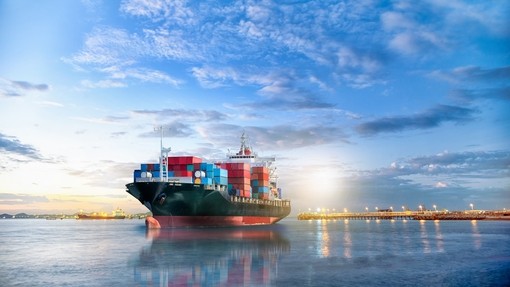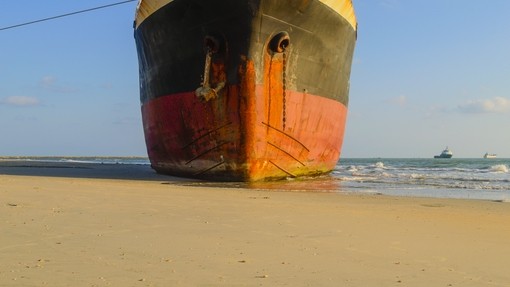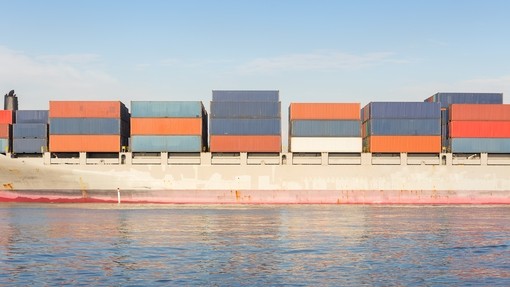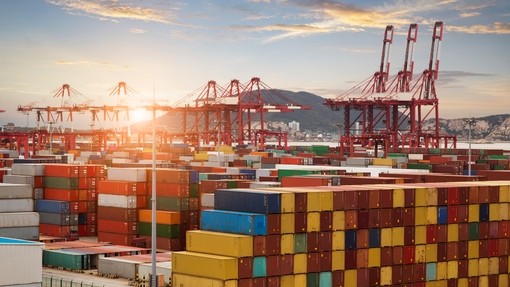Orexim Trading Limited -v- (1) Mahavir Port and Terminal Private Limited (2) Singmalloyd Marine (S) PTE Limited (3) Zen Shipping and Ports India Private Limited [2017] EWHC 2663 (Comm)

Details
The defendants in this case successfully challenged the court’s jurisdiction to grant permission for service out of the jurisdiction of a claim form, on the basis of there being no available gateway for claims made pursuant to section 423 of the Insolvency Act 1986.
Factual background
A dispute arose between the claimant charterers and first defendant owners in relation to unpaid freight and demurrage for a shipment of 10,000 metric tonnes of Ukrainian sunflower seed oil. After various proceedings in London, Ukraine and India, charterers were awarded the outstanding balance of the purchase price of the goods of US$7.228 million against the buyer of the oil, in a London arbitration, but had since lost possession of the cargo and had not been paid for it. Meanwhile, charterers discovered evidence that owners had committed a fraud, and through connected companies, had diverted the payment for the cargo from the bona fide sub-buyers, to themselves.
Eventually, in May 2014, the parties entered into a written settlement agreement, which was subject to English law and jurisdiction. When the payment under the settlement agreement remained unfulfilled, charterers tried to re-arrest the vessel, but owners purported to have transferred it, along with another vessel, to the second defendant, who then transferred both vessels to the third defendant.
Charterers brought claims in the English High Court for a) damages for breach of the settlement agreement; b) claims pursuant to section 423 of the Insolvency Act 1986 (the 1986 Act) that the transfer of the vessels was designed to prejudice their claim as creditors and should be set aside; and c) a declaration that owners were still the legal and beneficial owners of both vessels. Permission was granted to serve the particulars of claim out of the jurisdiction.
The defendants could not challenge jurisdiction for the damages claim due to the jurisdiction clause in the settlement agreement, but they did challenge the court’s jurisdiction on the section 423 and beneficial ownership claims, applying to discharge both the order to serve out, and a freezing order in favour of charterers.
Legal issues
In order to obtain permission to serve out of the jurisdiction, charterers had to show that (1) they had a good arguable case that each of the pleaded claims fell within a relevant gateway under Practice Direction 6B; (2) that there was a serious issue to be tried; and (3) that England was clearly the appropriate forum. The damages claim met all three tests. However, it was common ground that a claim under section 423 of the 1986 Act did not, on its own, constitute ‘insolvency proceedings’.
The judgment focused on the first hurdle, that of gateways. Charterers argued that the section 423 claim fell within Practice Direction 6B, paragraph 3.1(20)(a) gateway, as being a claim under an enactment which allowed proceedings to be brought and which were not covered by any of the other gateway grounds. The defendants countered that, because section 423 did not expressly confer a right to bring the claim against a person out of the jurisdiction, the claim did not fall within this, or any other, gateway.
HHJ Waksman QC examined a number of cases, many of which were concerned with the old RSC rules. His Honour specifically adopted the rationale referred to in Re Harrods (BA) [1992] Ch. 72. where it was held that a similar provision must, at least on its face, indicate that it is expressly contemplating proceedings against persons not within the jurisdiction, or where the act giving rise to the claim did not take place within the jurisdiction.
Applying the dicta in Harrods to decisions in Jyske -v- Spjldnaes [2000], Banco Nacional de Cuba [2001], and Erste -v- JSC [2013] which were directly concerned with section 423, Judge Waksman concluded that paragraph 3.1(20) must be interpreted narrowly. On that basis, section 423 did not fall within this gateway simply because it was made pursuant to an enactment. The relief sought had nothing intrinsically connecting it with English jurisdiction, such as insolvency proceedings in respect of an English registered company, and to leave the question merely to general considerations of ‘sufficient connection’ was too uncertain.
Additionally, charterers could not invoke paragraphs 3.1(3) or 3.1(4A) because a claim under the 1986 Act involves the pleading and proof of an entirely different and more complex set of matters than the damages claim. Invoking these gateways for the declaration claim failed for the same reasons.
Comment
Charterers could always appeal this point and, if so, it will be interesting to see whether the Court of Appeal confirms Judge Waksman’s reconciliation of the various first instance decisions. The findings in Jyske and Erste, that section 423 did fall within a relevant gateway, were distinguished in this case on the basis that Harrods was not cited in Jyske and there was no further argument on the issue in Erste because the defendants conceded the point. For the time being however, it is clear that Judge Waksman has taken the opportunity to firmly shut the relevant gateways where a claim is made under section 423.
This article originally appeared in the November 2017 edition of shipping case digest. Other articles include:
Squibb Group Limited -v- Pole 2 Pole Scaffolding Limited [2017] EWHC 2394 (TCC)






